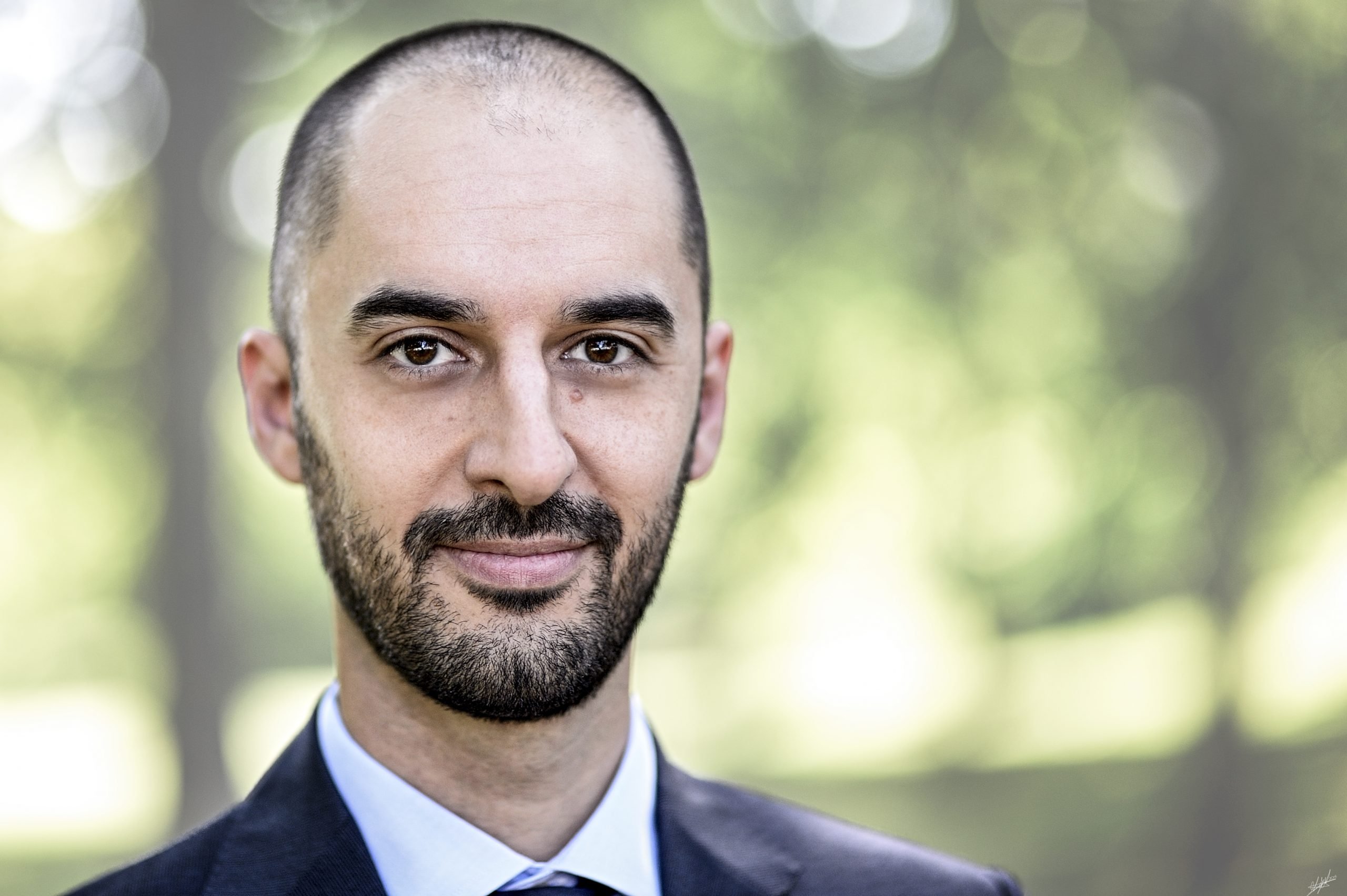Demand for Blockchain experts rising, while ‘smart contract’ fears subside

Fears that ‘smart contracts’ will reduce demand for legal services appear unfounded, but lawyers will need to develop new skills to effectively advise clients on cryptocurrencies and ICOs
While the regulation of blockchain will generate significant demand for legal services, there have been concerns that using the technology to create ‘smart contracts’ will ultimately mean that clients use law firms less. However, some experts argue lawyers will in fact have a vital role to play interpreting contracts written in “machine language”.
Blockchain’s ability to guarantee certainty in the recording of transactions is making it more widespread across many industries, from financial services to real estate, shipping, logistics and supply chain management.
According to Cristina Villasante, a specialist cryptocurrency lawyer that Ecija recruited from Accenture, one of the key opportunities blockchain presents concerns regulation of a method of fundraising through an initial coin offering (ICO), a type of crowdfunding using cryptocurrencies (digital cash systems). “Regulators in most countries have understood the tokens [issued under the ICO] can be considered a security, and therefore stock market regulation should be applied.” She adds that the categorisation of the token and the international nature of an ICO requires a “legal-economic and “legal-technological assessment”.
Mariana Albuquerque, associate at MLGTS in Portugal, says blockchain has been adopted in the charity sector, as well as by tax professionals (particularly in the field of inheritance tax), and more generally, anywhere “evidence of title and a system of certification that is reliable and unchanged” is needed. Blockchain’s reliability makes it popular. Ana Ferreira Neves, associate at Garrigues, says: “Blockchain is based on a chain of blocks that is registered in a ledger that is extremely difficult to change, and virtually unhackable.”
 Blockchain has groundbreaking facets that mean it has multiple uses, says Abraham Nájera (pictured), partner at CMS Albiñana & Suárez de Lezo. “The use of cryptology, the way in which the blocks are consolidated, and the fact that these are immutable, makes blockchain a unique technology,” he adds. However, Nájera says the extent to which blockchain will bring change is in question. “It has enormous disruptive capacity, but how far it is allowed to go depends on many factors including external interests,” he argues. For example, property registration is a process which could be facilitated by the use of blockchain. However, notaries might be reluctant to put it into practice for fear of losing business.
Blockchain has groundbreaking facets that mean it has multiple uses, says Abraham Nájera (pictured), partner at CMS Albiñana & Suárez de Lezo. “The use of cryptology, the way in which the blocks are consolidated, and the fact that these are immutable, makes blockchain a unique technology,” he adds. However, Nájera says the extent to which blockchain will bring change is in question. “It has enormous disruptive capacity, but how far it is allowed to go depends on many factors including external interests,” he argues. For example, property registration is a process which could be facilitated by the use of blockchain. However, notaries might be reluctant to put it into practice for fear of losing business.
Tiago Correia Moreira, partner at Vieira de Almeida, says blockchain offers law firms new ways to provide services to clients, including due diligence, as well as “contract conclusion and execution.” Meanwhile, Luís Roquette Geraldes, senior associate at MLGTS, says blockchain will “automatise a lot of commoditised work”. He adds: “It will be built into the way we work, leaving us to focus on high-end matters. It will be positive for the industry.”
Contract drafting and execution using blockchain – specifically the use of ‘smart contracts’ – could pose a threat to the legal sector, it is argued. But some lawyers believe it is too early to evaluate the impact. “We still have to assess how blockchain-based smart contracts will be implemented, and whether they will overlap with actual legal contracts executed by parties, or merely be an IT tool to assist with contract management,” Ferreira Neves says.
Lawyers not needed?
Helena Correia Mendonça, a senior IT consultant at Vieira de Almeida, argues ‘smart contracts’ will not reduce demand for legal services. “Lawyers will always be required at the stage where legal terms are developed, negotiated and built into code – at this point, it is likely lawyers will work closely with programmers and engineers.”
Major legal questions surrounding blockchain include protection of data and liability issues – should the network malfunction – as well as the ownership of IP rights related to software processes and databases. Meanwhile, the issue of whether blockchain-based technologies and ledger entries can be used as legal evidence before the courts is key, according to Ferreira Neves, as is the question of establishing governing law when blockchain-based interactions cross jurisdictional boundaries.
However, courts are addressing some of the key issues. Villasante says: “A Chinese court has considered the registration of information in a blockchain offers eligible elements as evidence in a trial concerning the infringement of intellectual property rights.”
Villasante doubts ‘smart contracts’ will mean clients use lawyers less. “A smart contract, written in a machine language, will need a previous agreement written in human language where parties can agree the parameters of the contract – the challenge lawyers face is learning programming languages, since they will have to interpret whether what was written in machine language matches the provisions agreed in the contract written in human language.”











